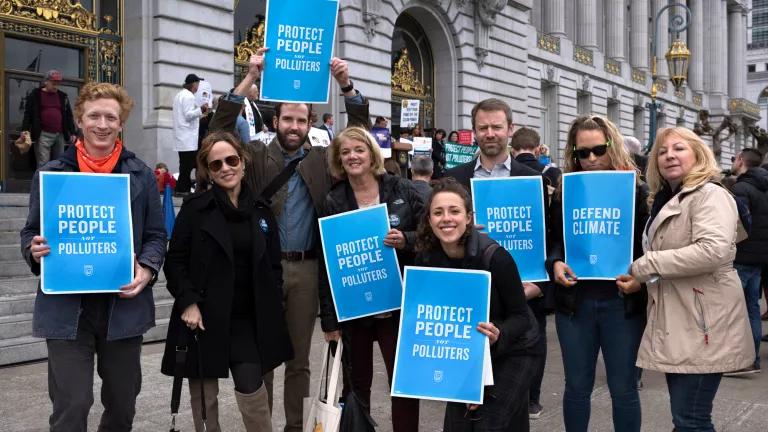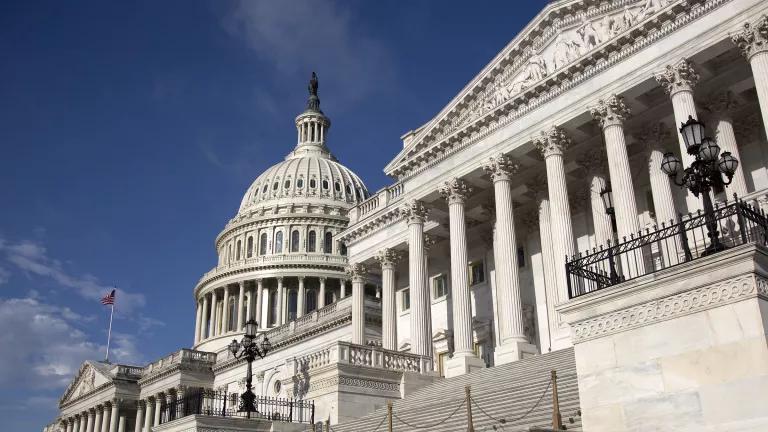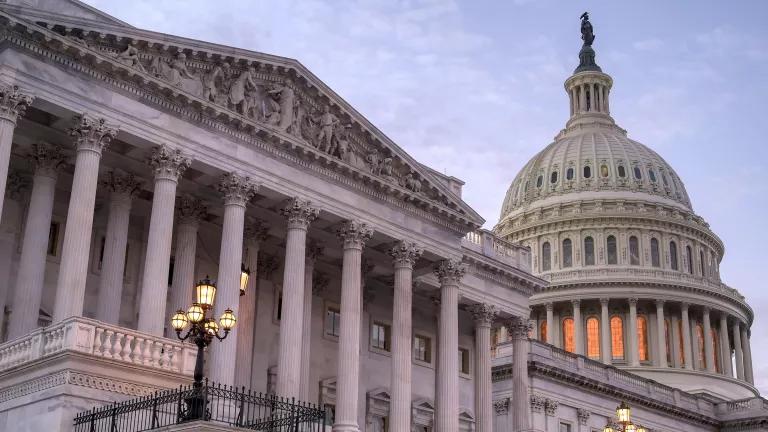
The Centers for Disease Control and Prevention, or the “CDC”, has decided to cancel its long-planned Climate and Health Summit. The conference would have brought together leading scientists to discuss what’s known about how climate change threatens human health and what can be done about it. In short, the conference was about how to improve health and save lives.
It’s still unclear whether this decision resulted from self-censorship by the CDC to avoid antagonizing the new Trump administration or pressure from the incoming administration itself. Either way, it’s bad news and a bad omen. The CDC, a government agency that pledges to “base all public health decisions on the highest quality scientific data that is derived openly and objectively” and “place the benefits to society above the benefits to our institution,” ought to be leading, not cowering.
And the decision short-changes the public. The CDC is funded with taxpayer dollars and charged with protecting our nation’s health. When they scuttle an event to discuss and disseminate important work that could improve public health, all of us—researchers, health professionals, state and local officials, and the public—are the losers.
The evidence for the effects of climate change on human health is strong, growing and alarming. There are literally thousands of studies documented in extensive reviews by the World Health Organization, the U.S. Third National Climate Assessment, the U.S. Global Change Research Program and prestigious scientific journals like the Lancet. There are warnings from professional medical societies, including the American Academy of Pediatrics, the American Thoracic Society and the American Public Health Association, and surveys of doctors who report that climate change is already affecting their patients’ health.
The list of climate change impacts that affect human health includes:
- extreme heat, which can cause dehydration, heatstroke and aggravate cardiovascular and respiratory disease;
- poor air quality, which increases allergy-related illnesses and respiratory and asthma complications;
- vector borne diseases, including increased risk of Lyme disease, Dengue fever, West Nile virus and Zika virus; and
- more extreme storms and flooding, which can result in injury and death, water borne disease, and displacement-related mental health problems.
That’s why Dr. Georges Benjamin, executive director of the American Public Health Association, has called climate change “one of the most serious public health threats facing our nation.”
If the CDC made this decision on its own, it should reconsider. If it was pressured to cancel the conference, then such outrageous interference should come to light. CDC scientists have participated in some of the nation’s most important climate-health scientific assessments, and their work should be showcased and used to inform public policy. We will never make the progress we need to protect ourselves, our families and our communities from the ravages of climate change, if scientists are discouraged from talking about it.



